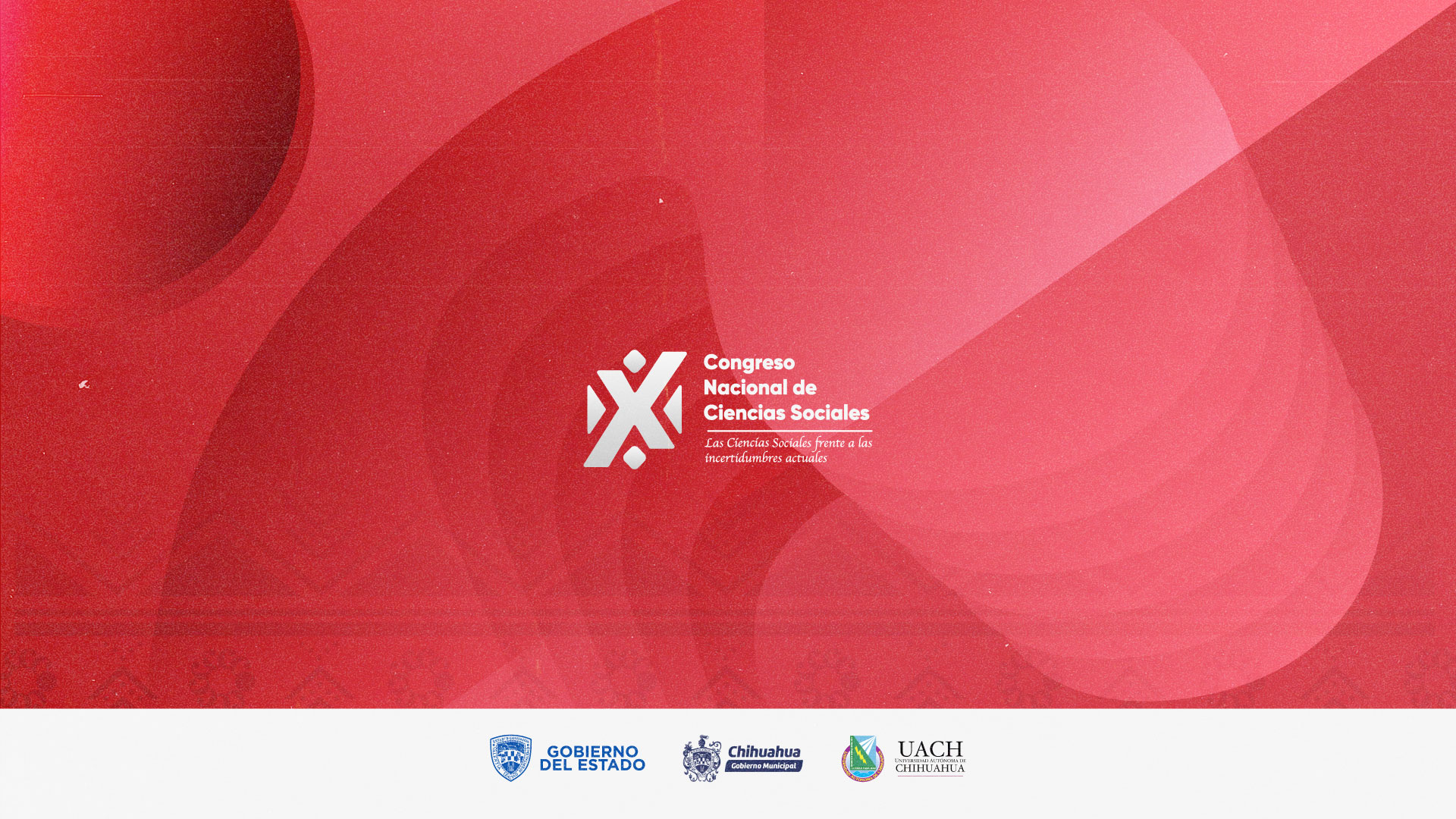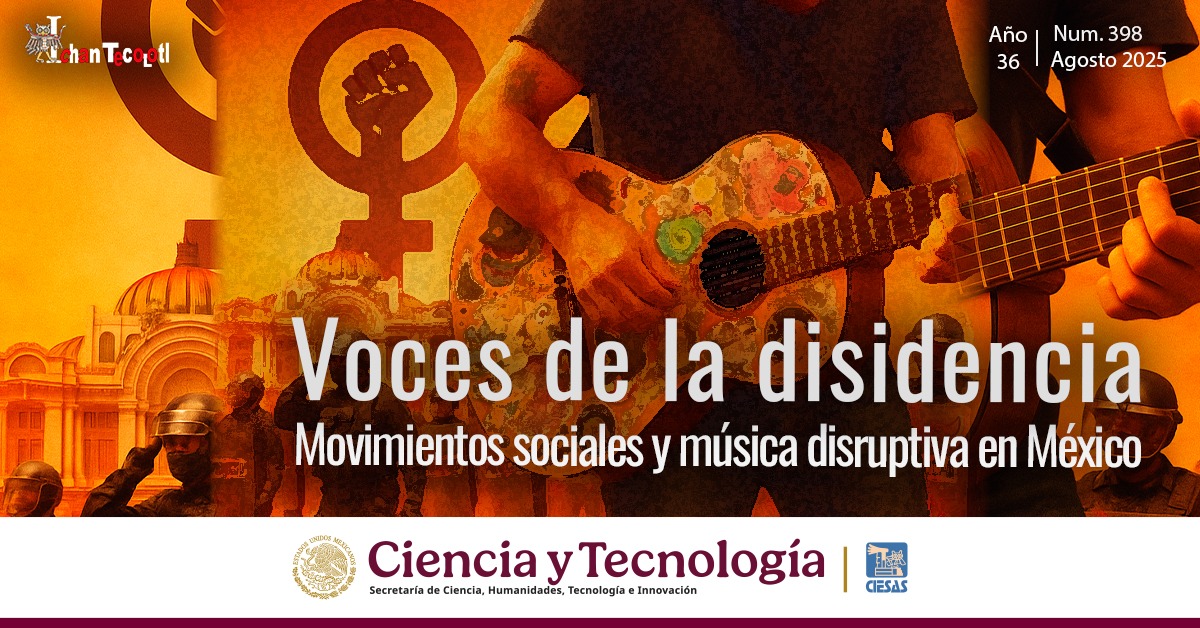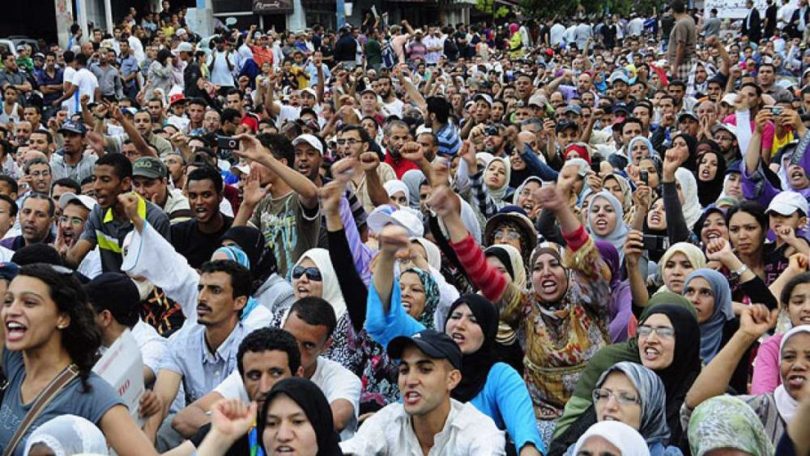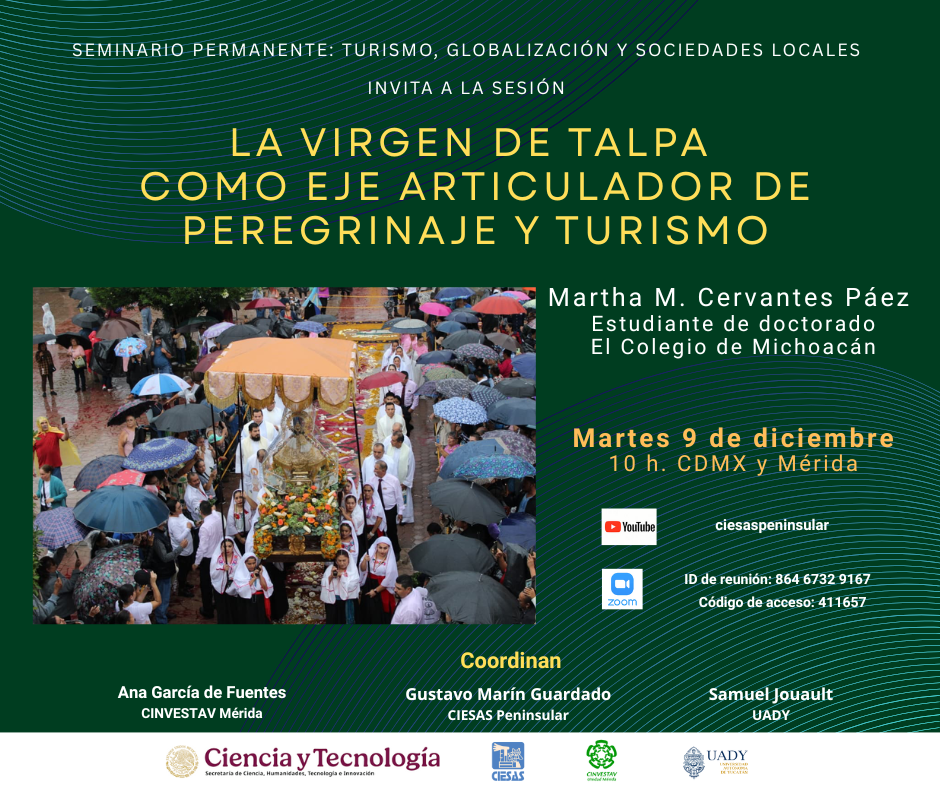Religious Dimensions in Social Movements
Religion in Political Contention: Religious Dimensions in Social Movements, Rebellions and Revolutions
A panel proposal for the Association for the Sociology of Religion
81st Annual Meeting
New York, NY August 11-13, 2019
While religion is often recognized as a social force that maintains, if not legitimates, the socio-political order, religion has also played a role in rebellions, revolts, social movements, and revolutions. Religion, that is, can play a role in contentious politics. Karl Marx famously suggested that religion is the “opium of the people,” a phrase that is frequently taken out of context and misunderstood. In the same passage, he also wrote religion is “an expression of real suffering and a protest against” it, suggesting that religion is also a source and instrument of social change. Indeed, Marx’s collaborator, Friedrich Engels wrote on essay on the German Peasant Wars focusing on the revolutionary movement led by theologian Thomas Münzer, underscoring the latter point on social change dynamics. Similarly, Max Weber showed us how religion is both a source of domination (traditional or bureaucratic) and social transformation (charismatic, which is revolutionary, but also another type of domination). Even Emile Durkheim, who typically is associated with a status quo oriented theory of religion, makes a case for the transcendent power of religious rituals. Today, too many sociologists of religion continue very conventional modes of thinking – religion is either hegemonic or counter-hegemonic -ignoring how religion is both a hegemonic and counter-hegemonic force in past and contemporary political scenarios.
For this panel, we will invite papers that explore the relationship religion – as a shared cultural system, source of solidarity, and ways of thinking, feeling, and acting – has to social movements, rebellions and revolutions. We are interested in understanding how and under what conditions religion functions as a progressive and/or reactionary force that compels people to challenge or protect the order of things. We are particularly interested in prophetic and messianic movements, secular religions (e.g., The Cult of the Supreme Being and Science as Religion), and liberation theologies. While we welcome contemporary explorations (e.g., popular religion and evangelism in Latin America, the Arab Spring, and resistance to globalization), we also welcome the exploration of past events (e.g., the English, French, Iranian, and Nicaraguan revolutions; Taiping and Boxer Rebellions in China; and the German Peasant Wars of the 16th century). Special consideration will be given to theoretical treatments on the relationship religion has to progressive and/or reactionary politics. Papers that focus on contemporary and historical case studies in the U.S. are welcome. Priority will be given to papers that aim to make sense of the institutional, organizational, ritualistic, discursive (e.g., using the Bible or other sacred texts in discussions), ideological, and/or framing mechanisms that give religion its contentious structure.
Deadline for Paper Proposals: March 1st, 2019
Paper proposals should include name, affiliation, email address, title, and a 200-word abstract describing the paper’s research question, methodology, and preliminary results.
Please send them in MS Word by e-mail to the panel organizers:
Jean-Pierre Reed, Southern Illinois University, Carbondale, reedjp@siu.edu and
Warren S. Goldstein, Center for Critical Research on Religion, goldstein@criticaltheoryofreligion.org
Te puede interesar

Convocatoria para presentación de libros
Laura Gutiérrez - Dic 10, 2025FERIA DEL LIBRO X CONGRESO NACIONAL DE CIENCIAS SOCIALES “Las Ciencias Sociales frente a las incertidumbres actuales” INVITACIÓN PRESENTACIÓN DE…

Convocatoria Feria del libro
Laura Gutiérrez - Dic 03, 2025FERIA DEL LIBRO X CONGRESO NACIONAL DE CIENCIAS SOCIALES “Las Ciencias Sociales frente a las incertidumbres actuales” INVITACIÓN Información general…

Memorias del IX Congreso Nacional de Ciencias Sociales
Roberto Holguín Carrillo - Jul 02, 2025IX Congreso Nacional de Ciencias Sociales Las ciencias sociales y los retos para la democracia mexicana. Realizado en el Instituto…

Ichan Tecolotl, núm. 398
Laura Gutiérrez - Dic 10, 2025Ichan Tecolotl Año 36, Número 398 (agosto 2025) Voces de la disidencia. Movimientos sociales y música disruptiva en México Ver…

Curso Introducción al video etnográfico
Laura Gutiérrez - Dic 10, 2025Curso Introducción al video etnográfico 1. Objetivo Familiarizar a estudiantes o profesionales de la antropología y disciplinas afines con herramientas…










